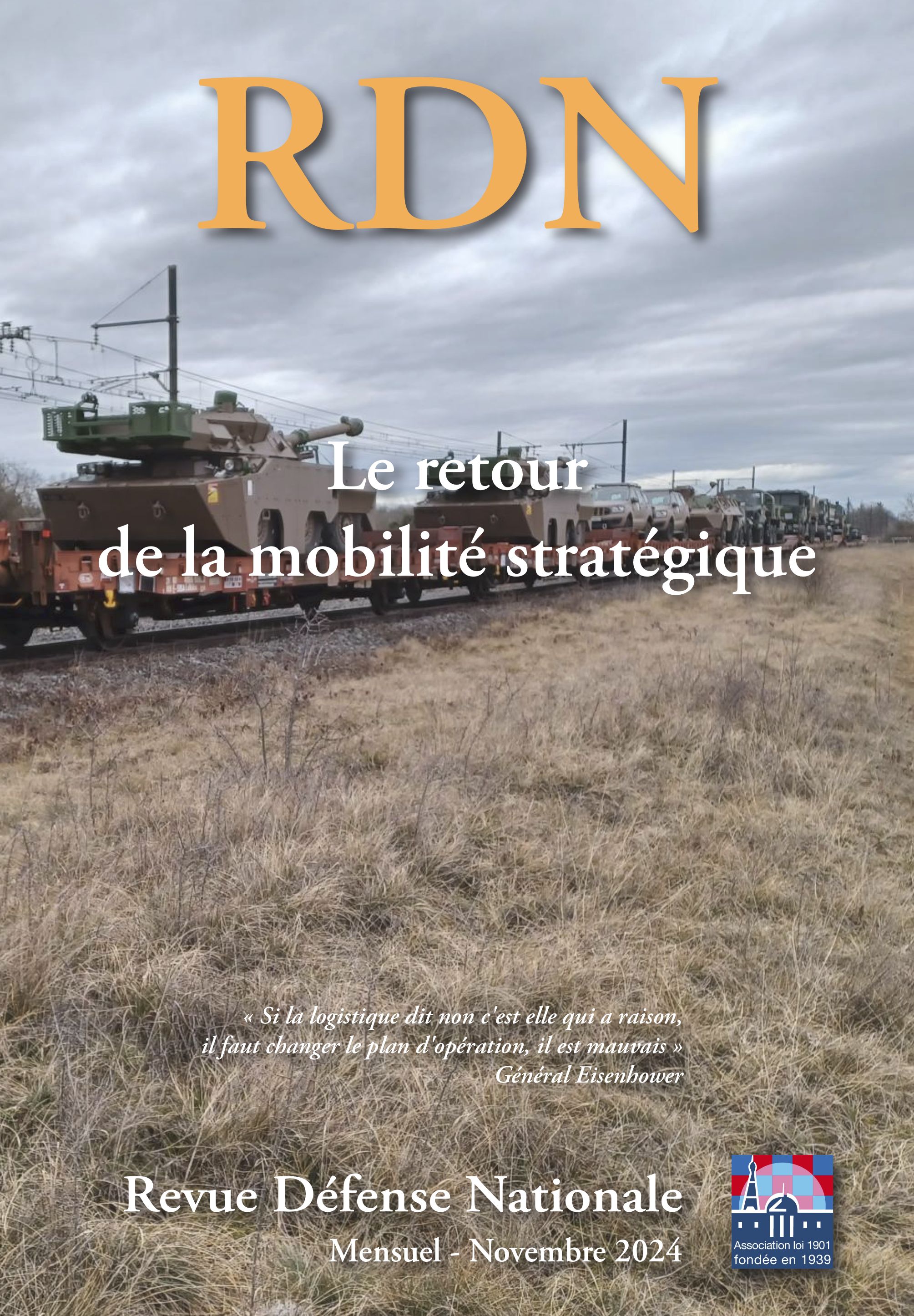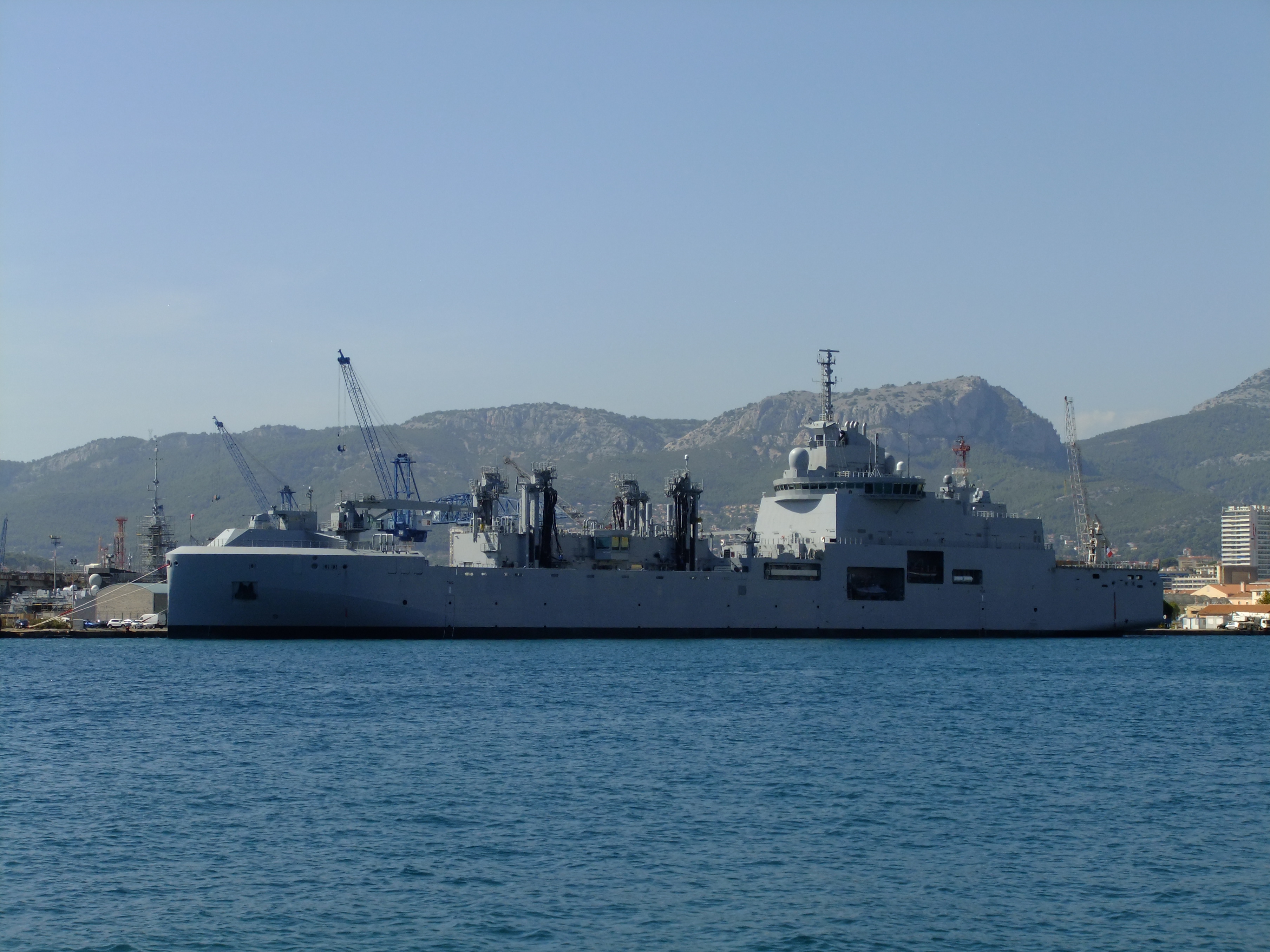Ungoverned domains such as outer space and the Internet are sources of potential conflict that deserve serious study. In our leading article, Charles Bwele asks how a state or organisation can be prevented from launching a cyberattack against another nation’s vital infrastructure. How can they be deterred and how can the proliferation of cyberweapons be monitored? The current approach to the problem by world leaders, which the author thinks is mistaken, results from their difficulty in understanding the finer points of cybersecurity.
Sociologist Anne Guibert-Lassalle writes that Western public opinion’s current confusion over the war in Afghanistan has its roots in the long and tragic history of the region. Since ancient times, Europeans have been both fascinated and appalled by the Persian world, a mythical frontier between civilisation and barbarism. This fantasy of the barbarian was not entirely eradicated by twentieth century social sciences, which are still very conscious of their failure to define warfare. And we have difficulty in imagining that the ‘barbarian’ is little different from ourselves.
By analysing the diplomatic fiasco of the Climate Change Conference of 2009, Thomas Renard identifies six symptoms of the emerging new world order that in his view make up the ‘Copenhagen Syndrome’. The new order is cooperative yet conflictual; dominated by America and China; it is increasingly multipolar, and the ‘poles’ exert real influence; Europe’s priorities are not necessarily those of others; tensions divide developing countries; and the EU has been marginalised on the world scene. The author rings an alarm bell for the EU and suggests a path to follow.
Rosa Otunbayeva, head of the interim government in Kyrgyzstan following the uprising in April this year, is apparently a tough character. René Cagnat, a regular correspondent of RDN who lives in the region, says she will need to be if she is going to lead her provisional government to a safe harbour. In Bishkek the obstacles to the exercise of power, economic, national and social, are sizeable and numerous.
The French edition of RDN this month includes articles on Eurosatory, the conference-based land equipment exhibition that takes place just outside Paris this month (www.eurosatory.com); nuclear weapons, at a time when a nuclear-free Middle East is being proposed and Russia and the United States are to reduce their stockpiles; Central Asia (Pakistan and Kazakhstan as well as Afghanistan); African security; and cyberwarfare.







